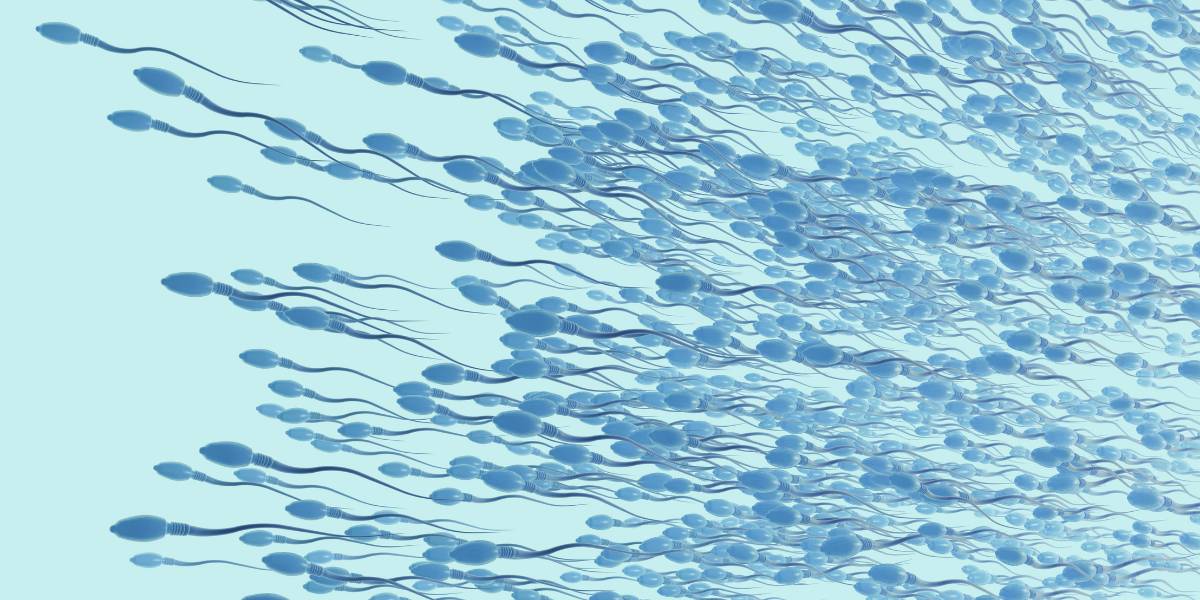Low testosterone levels in men may also be referred to as male hypogonadism or testosterone deficiency syndrome.
A number of the symptoms of low testosterone are similar to some of the symptoms of type 2 diabetes and health statistics indicate that the two conditions may be associated with eachother.
How common is low testosterone in males?
The natural reduction in testosterone levels in men usually begins around the age of 40 and the decrease will usually be by about 1 to 2% each year.
Low testosterone levels are more commonly found in men with type 2 diabetes
NHS Diabetes reports that 16% of males with type 2 diabetes have lower than normal levels of testosterone and an additional 24% have testosterone levels close to the border of low levels.
Symptoms of low testosterone
The symptoms of low testosterone levels may include:
- Low libido
- Erectile dysfunction
- Reduced frequency of having a morning erection
- Increased body fat -particularly around the waist
- Reduced muscle mass and physical strength
- Fatigue
- Low motivation and self-confidence
- Increased sweating
What can cause low testosterone?
Factors which can lower testosterone levels or decrease the body’s ability to respond to testosterone include:
- Aging
- Radiation therapy or chemotherapy
- Stress
- Use of corticosteroids
The NHS states that a lack of regular exercise and smoking may also contribute to the symptoms of hypogonadism in men.
Diagnosis
Hypogonadism can be diagnosed if you have a number of the symptoms in addition to evidence of low testosterone in the morning.
Your GP may ask you to have a blood test to confirm whether your testosterone levels are low.
Treatments
Where the symptoms are brought on by stress, the condition may benefit from exercise, talking therapies such as cognitive behavioural therapy, or through mindfulness
If hypogonadism is confirmed, you may be offered testosterone replacement therapy to help restore normal levels of the hormone and relieve the symptoms.
Are low levels of testosterone a sign of the male menopause?
The terms male menopause or andropause have been used to describe reduced testosterone levels in men.
However, the NHS notes that drawing parallels between decreases in sex hormones in males and females is less helpful as whilst women naturally experience a significant reduction in sex hormones during and after the menopause, the natural reduction in testosterone levels in men should be gradual, as stated above.





